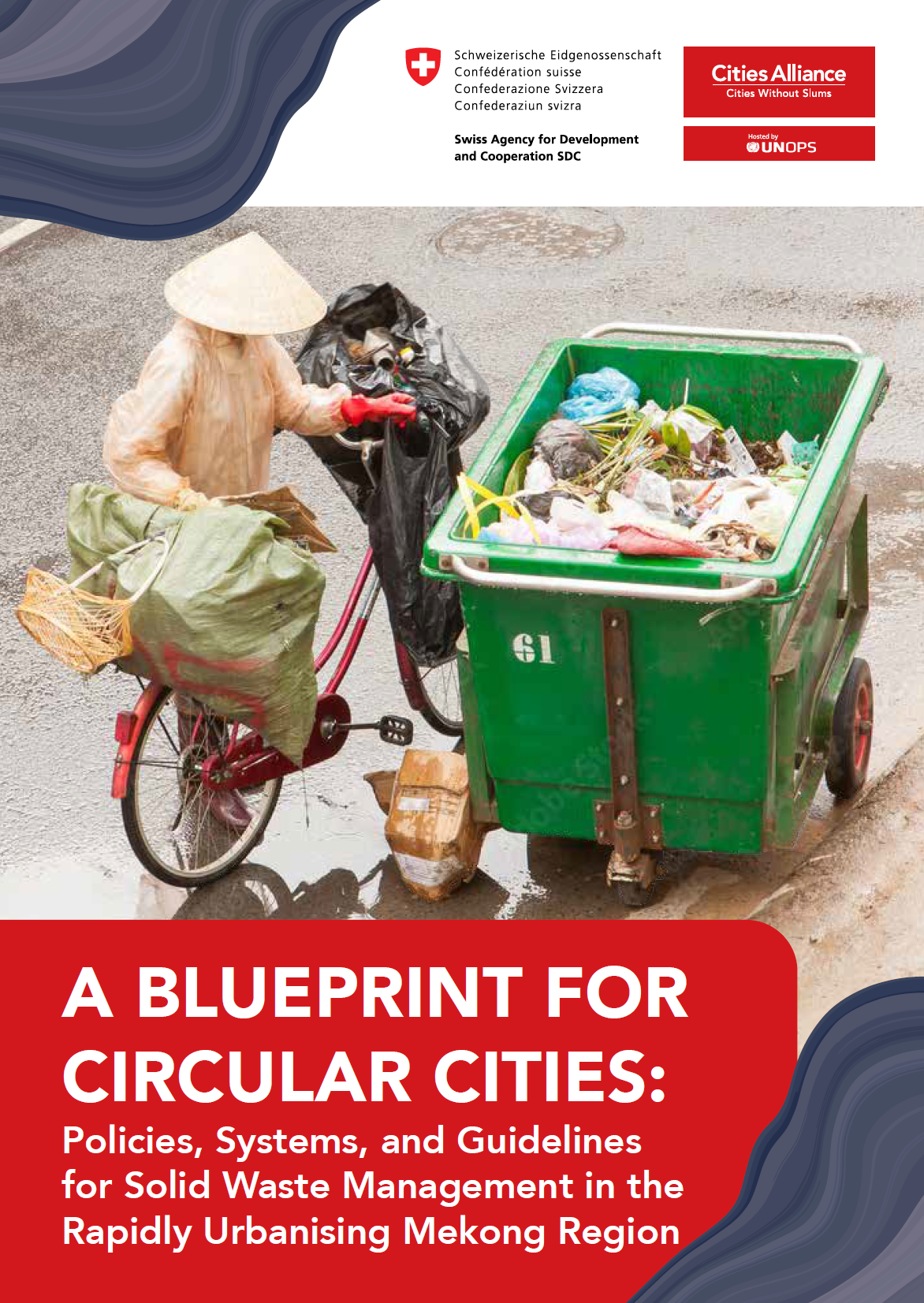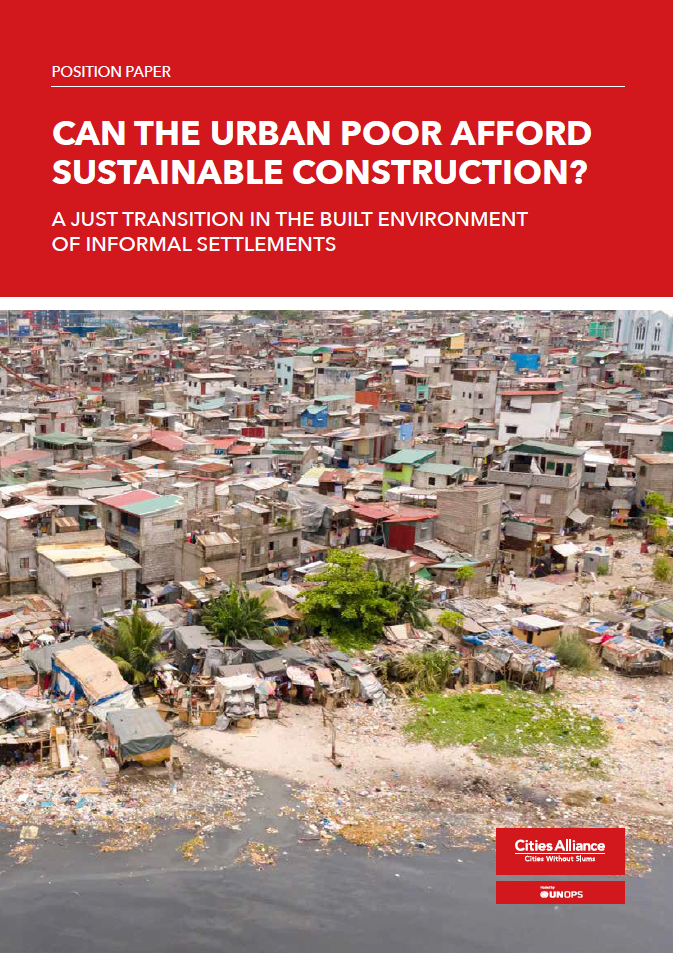- Who We Are
- How We Work
- Regional / Country Initiatives
- Legacy
- Core Themes
- Working Groups
- Portfolio & Results
- Newsroom
- Resources
The Urban Dimension of Six Global Agreements: A Critical Reflection
This brief explores how the global agreements relate to cities and how they provide a framework for action on sustainable urban development that can be implemented by governments.
Download The Urban Dimension of Six Global Agreements: A Critical Reflection
During 2015-16, six global agreements were reached by UN Member States that have relevance to urban sustainable development issues: the Sendai Framework for Disaster Risk Reduction, the Addis Ababa Action Agenda on Financing for Development, the 2030 Agenda for Sustainable Development and its Sustainable Development Goals (SDGs), the Paris Agreement on climate action, the World Humanitarian Summit, and the New Urban Agenda.
While all six agreements recognise the importance of local and regional government in implementation, there is little clarity on how much the achievement of goals and commitments is the responsibility of government bodies operating at the subnational level. As a result, it is unclear how the global agendas will operate in cities and other urban centres.
To be effective, global agreements need to mobilise support and action at local level, including in urban environments, poor neighbourhoods and informal settlements. They need to recognise just how much local and regional governments, academia and urban civil society can contribute to most of the goals and commitments made, and how achieving the goals falls partly or fully within the responsibilities of local governments.
Acknowledging the centrality of local action needs to go beyond mere recognition; it must encompass clear guidance, stronger political mandates, and active consultation and engagement.
This brief explores how the global agreements relate to cities and reflects on the extent to which they provide a framework for action on sustainable urban development that can be bought into and implemented by governments at the national, local and regional level. It proposes potential ways to use the global frameworks to better engage local actors to contribute to more inclusive, sustainable cities. It is part of the Cities Alliance Joint Work Programme for Cities in the Global Agendas.


